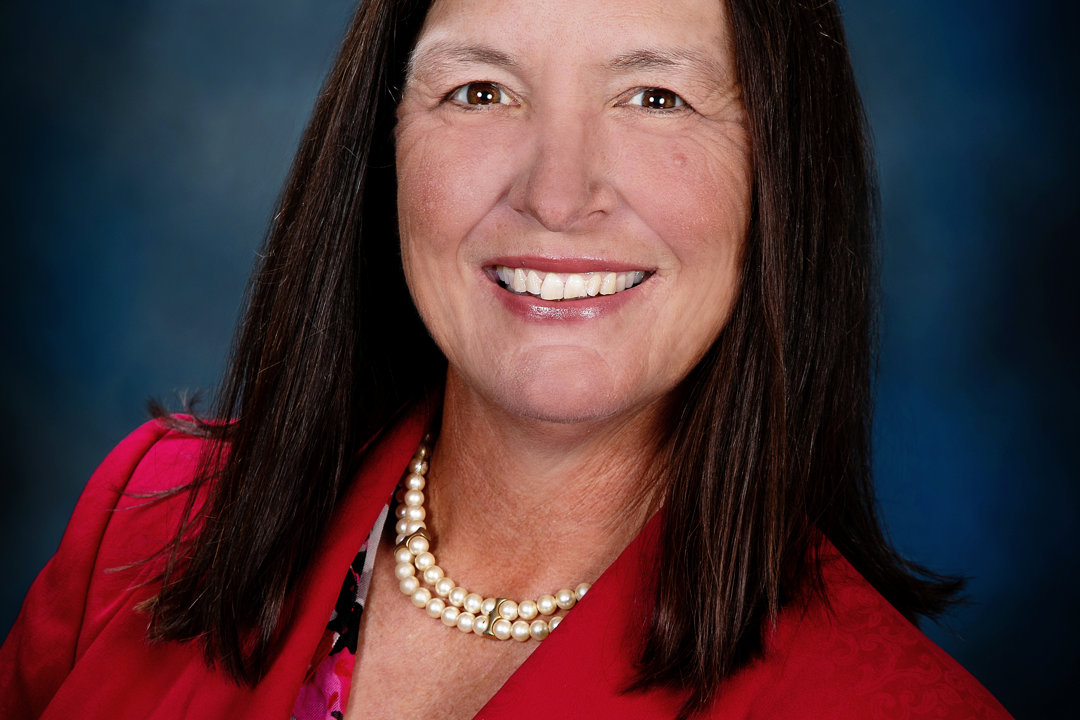
- Practice Management
Managing Risk When “Collaborating” with APPs Outside Your Practice
This article summarizes the risks our Risk Team identified and suggests ways to minimize liability exposure when considering signing a contract to provide “collaboration” services with advanced practice providers.
MICA’s Risk Team has consulted on multiple occasions with MICA-insured physicians who were considering signing a contract to provide “collaboration” services to advanced practice providers (APPs), including PAs and NPs. In each of these situations:
-
- The physicians operated their own independent primary care practices.
- The APPs were not employed or contracted by the physicians’ practices.
- The APPs were not providing care to patients of the physicians’ practices.
- The APPs practiced in locations separate from the physicians’ practices. In one instance, the APP group was contracted to provide care to residents of a skilled nursing facility.
- The contracts required the physicians to respond to requests from individual APPs for phone collaboration/consultation.
- The contracts did not require physicians to see patients or complete or sign off on documentation in patient medical records.
- The physicians operated their own independent primary care practices.
The physicians in these instances contacted the Risk Team to help them identify potential medical professional liability (MPL) risks. This article summarizes the risks we identified and suggests ways to minimize liability exposure.
Is it Covered?
It is crucial to confirm whether your current MPL policy provides coverage for your new endeavors. Before signing a contract to provide professional services, or adding new services to an existing medical practice, physicians should always contact their MPL carrier or their insurance broker. MICA members who are brokered should contact their broker to discuss coverage concerns. MICA members who don’t use a broker can contact MICA Underwriting directly at 602-808-2111.
Be Suspicious of the Term “Supervise”
The term “supervise” is one of those words that is subject to multiple interpretations. Consider:
-
- If you asked ten people to list all the actions required for proper supervision in a certain situation, you likely would get ten different lists.
- Some people will read the term to require “in-person” supervision.
- Sometimes the word “supervision” carries legal connotations.
- If you asked ten people to list all the actions required for proper supervision in a certain situation, you likely would get ten different lists.
In a situation like the one discussed in this article, where a physician is asked to provide phone collaboration/consultation with APPs, using the term “supervise” in the contract would be risky because in a later lawsuit it could be interpreted to impose additional requirements on the physician. These requirements may be vastly different than what the physician contemplated when he/she signed the contract. Consider the following examples:
-
- In the specific scenario discussed in this article, “supervision” likely implies additional duties over and above what these physicians were expecting. The physicians believed they were only required to provide phone “collaboration” when requested by the APP, which is different from what appropriate “supervision” might be interpreted to require.
- The word “supervision” in the contract may expose the physician to liability for negligent supervision, even in states where such supervision is not required. For example, about half of states nationwide, including Arizona and Utah, have laws that permit APRNs to practice independently, without physician “supervision.”
- Using the word “supervision” in the contract may be interpreted to mean that the physician is a PA’s “supervising physician.” Under the laws of some states, a “supervising physician” must comply with multiple requirements, such as entering into a written agreement with the PA, delegating functions the PA may perform, and reviewing the PA’s documentation. In the scenario described in this article, clearly the physicians did not intend to act as “supervising physicians” as that term is used in PA scope of practice and licensing laws, yet the contract could later be interpreted that way if the word “supervision” is used.
- For example, in Arizona, PAs with less than 8,000 clinical hours under their belt must practice under the “supervision” of physicians who are professionally and legally responsible for the care they provide. This relationship must be formalized with a written “supervision agreement.”
- Nevada requires that PAs have a “supervising physician” and practice according to a written collaboration agreement with that physician. The supervising physician is responsible for all the PA’s activities related to the performance of medical services and, among other requirements, must sign off on a certain percentage of the PA’s medical record entries at least four times per year.
- In the specific scenario discussed in this article, “supervision” likely implies additional duties over and above what these physicians were expecting. The physicians believed they were only required to provide phone “collaboration” when requested by the APP, which is different from what appropriate “supervision” might be interpreted to require.
Signing a contract that says something different than what you “understood” based on your conversations or negotiations with the other contracting party is risky. In the event of a breach of contract lawsuit, the court and the parties will rely on the contract language.
Consider what a malpractice lawsuit might look like if the family members of a deceased patient sued you for failure to “supervise” the PA who provided care in a nursing facility. You would say you didn’t contract to “supervise” the PA. You would testify that you only committed to “collaborate” by phone if contacted by the PA with questions. Unfortunately, if the contract states otherwise or the PA testifies to the contrary, jurors might agree with the Plaintiff’s attorney who argues that you signed a contract that obligated you to “supervise” the PA.
Specify Your Responsibilities or Duties
Instead of signing contracts with terms that are subject to multiple interpretations or that don’t accurately describe the services you are willing to provide, minimize the chance of future lawsuits by requiring clear delineation of each party’s duties and responsibilities. Whether there is a later dispute about the contract in an MPL action or a breach of contract action, a clear list of your duties and responsibilities will work in your favor, assuming you performed them.
Use an Attorney Experienced in Health Care Law
Physicians are trained to provide medical care, not to analyze and interpret contracts. Unfortunately, many physicians sign legal documents without attorney review because they want to save money. If this sounds like you, consider that in most cases it saves money, time, and emotional heartache to pay an attorney up front, to identify and manage potential liability risks, compared to defending a future lawsuit that could easily last for years.
Consider Documenting Your Calls
In the situation discussed in this article, the physicians said they were not required to complete documentation or review APP documentation. For the following reasons, MICA’s Risk Team suggested they consider keeping a log of their calls to summarize the information they receive and the advice they give during their “collaboration conversations.”
-
- The APPs potentially would document in their notes that they talked to a “collaborating physician” and might even specify the physician’s name.
- The physician would have liability exposure in a later lawsuit or board complaint for the guidance or recommendations he/she offered, but probably would not remember the details of the conversation.
- If there was a miscommunication or the APP omitted relevant details from the note (such as what information the APP provided the physician), it will be difficult for the physician to effectively defend the claim without his/her own documentation, made at the time of the events.
- The risks presented by this situation are similar to those in a “curbside consult” situation, where a physician is called informally by a colleague for treatment advice.
- The APPs potentially would document in their notes that they talked to a “collaborating physician” and might even specify the physician’s name.

